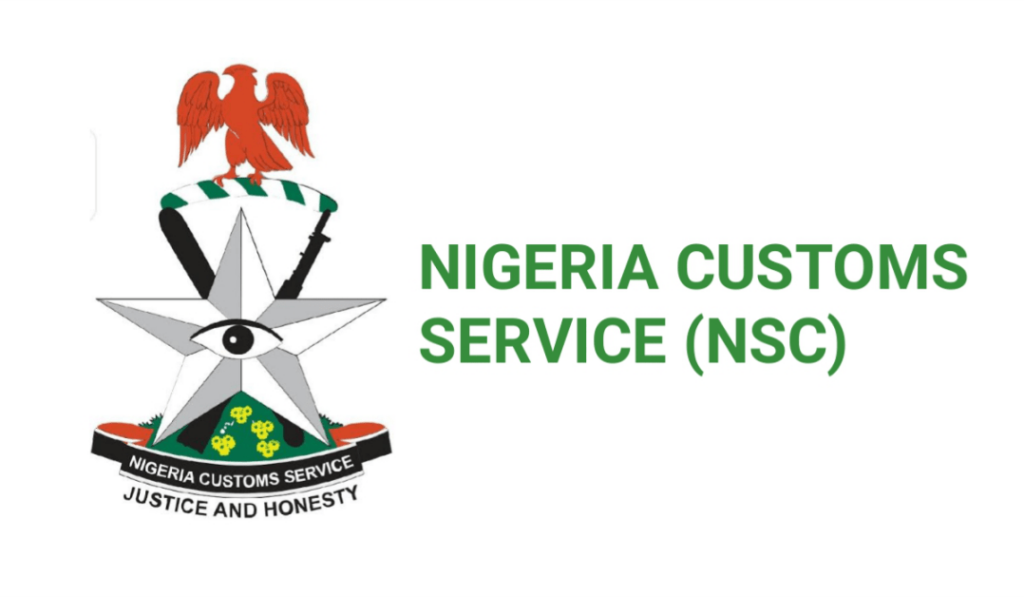In a bid to align with global best practices and support Nigeria’s commitment to achieving net-zero emissions by 2060, the Nigeria Customs Service (NCS) has announced plans to enforce fiscal measures that promote a transition away from fossil fuel dependency.
This initiative is part of the country’s broader strategy under the Energy Transition Plan (ETP), aimed at fostering sustainability, encouraging responsible industrial practices, and attracting investment in renewable energy.
Comptroller General of Customs, Adewale Adeniyi, disclosed this during the NCS Trade Facilitation Consultative Forum held on Monday in Lagos.
The forum, themed “Trade Facilitation Measures for Renewable Energy and Energy Efficiency Technology,” emphasized Customs’ vital role in facilitating the importation of green technologies.
Adeniyi, represented by Deputy Comptroller General of Tariff and Trade, Caroline Niagwan, reaffirmed the Service’s commitment to supporting Nigeria’s obligations under the Paris Agreement.
He stated that the NCS is playing a critical role in enabling the country’s transition to cleaner and more efficient energy systems by streamlining trade processes for environmentally sustainable goods.
“The Nigeria Customs Service proudly supports the WCO Green Customs Initiative, which promotes the trade of green goods and aligns with several Multilateral Environmental Agreements (MEAs),” Adeniyi said.
“This reflects our dedication to balancing environmental protection with trade facilitation.”
However, he noted that Customs operations are increasingly challenged by commercial fraud, revenue leakages, and the complexities of enforcing policy measures that protect domestic industries, the environment, and public safety.
With global trade volumes surging and e-commerce expanding rapidly, Adeniyi stressed the importance of adopting innovative mechanisms to support legitimate trade while safeguarding national interests.
He highlighted trade facilitation as a critical aspect of modern customs administration, referencing Nigeria’s compliance with global trade agreements including the WTO’s Customs Valuation Agreement and the Harmonized System Convention.
“These systems and procedures not only simplify customs operations but also reduce disputes, enhance transparency, and ensure timely clearance for traders,” he explained.
Adeniyi further highlighted the impact of the Nigeria Customs Service Act, 2023, which has strengthened the legal framework for trade facilitation. Among the initiatives introduced are: Border Odogwu (B’Odogwu): A Unified Customs Management System (UCMS) that integrates cargo declaration, payments, risk management, document verification, and cargo release into one seamless platform.
Advance Ruling System (ARS): Launched in early 2024, ARS provides pre-arrival binding decisions on classification and valuation, allowing for greater predictability and reduced clearance delays.
“These innovations place Nigeria on a progressive path toward achieving sustainable economic development, while also positioning SMEs to benefit from cross-border trade,” Adeniyi noted.
He concluded by reiterating the NCS’s dedication to aligning with President Bola Ahmed Tinubu’s policy directives and Nigeria’s climate goals, emphasizing that the Service remains a key driver of sustainable trade, economic growth, and environmental
responsibility.















